rangerrick9211
TPF Noob!
- Joined
- Apr 12, 2009
- Messages
- 56
- Reaction score
- 0
- Location
- College Station, TX
- Can others edit my Photos
- Photos NOT OK to edit
Broad topic. Lots of options. So, what's you favorite? What does it accomplish? When do you use it? What else is out there? And any bit of info someone knew to the game would need to know regarding filters.
Thanks in advance. :hug::
Thanks in advance. :hug::


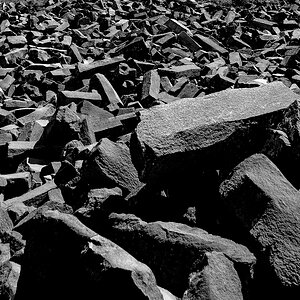
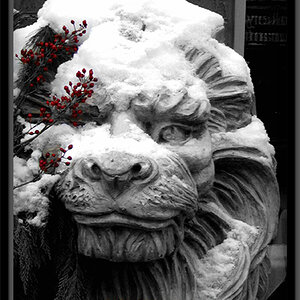
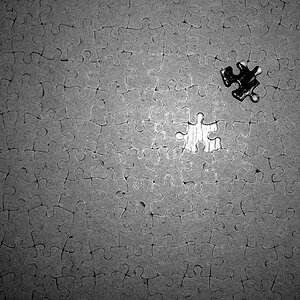
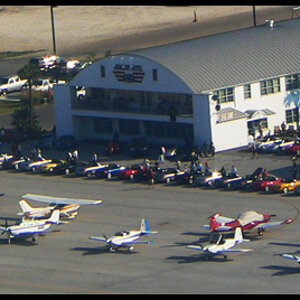

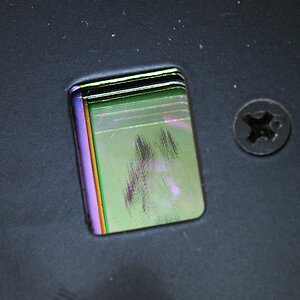
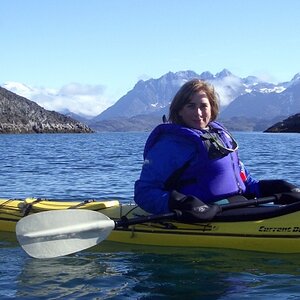

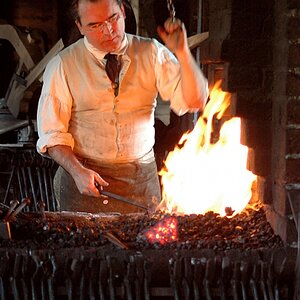
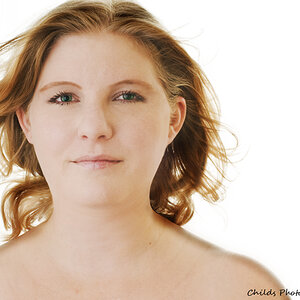
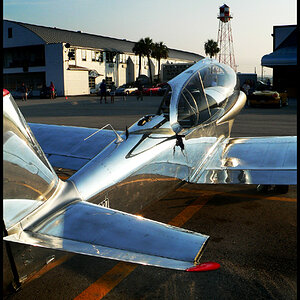
![[No title]](/data/xfmg/thumbnail/37/37604-7ad625e983f92f880eb65a264eeef5e4.jpg?1619738148)